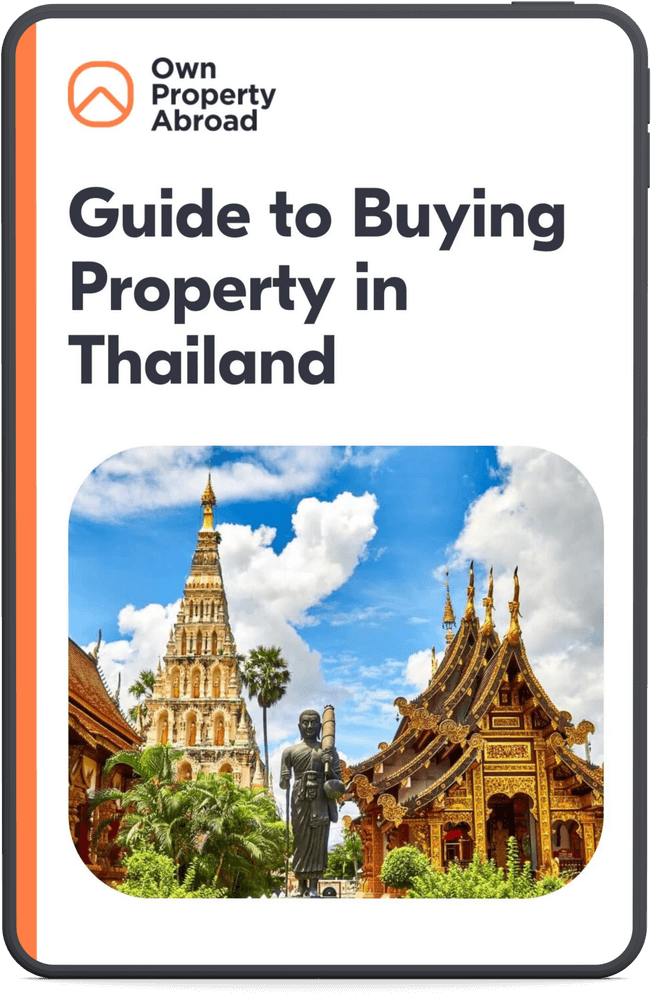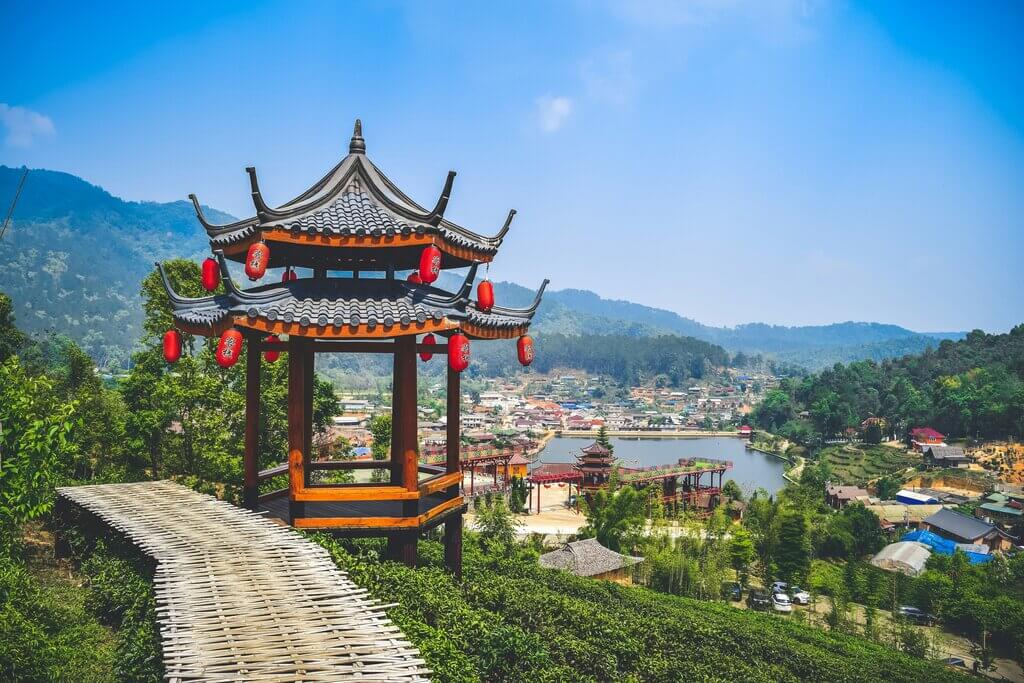1. Foreign property ownership restrictions
The Land Code Act of Thailand restricts foreigners from registering land under their names. This means foreigners cannot own land and are limited to specific properties, such as apartments and condominium units. From 2024, an amendment to the Condominium Act allowed foreigners to own up to 75% of a condo building, previously 49%. Despite the increase in foreign ownership of condominiums, Thailand still has restrictions on its properties, which is considered one of the risks of buying property in Thailand.
Valuable insights and practical advice, distilled from years of expertise and real-world experience.


2. Legal complexity
Buying property in Thailand can involve legal complexities and requires thorough due diligence to ensure a smooth buying transaction and minimize legal issues. As many foreigners are unfamiliar with Thailand’s legal process, confusion may impede the transaction. In addition, foreigners may incur additional costs when hiring a property lawyer to assist in the legal transactions and submission of papers. The legal complexity may slow down and complicate the buying process, and buyers must consider it, making it one of the dangers of buying property in Thailand.
3. Currency fluctuations
The Thai currency, known as Baht, is historically one of the most stable currencies in Asia. In the past two decades, the Baht has generally increased in value against other currencies. However, it’s not entirely immune to fluctuations and can be affected by internal and external factors. In 2024, the Baht experienced some depreciation, particularly against the US dollar. This depreciation can be attributed to factors like a slowdown in Thailand’s tourism industry, slow exports due to global economic recession, and the strengthening of the US dollar. The fluctuation of the Baht is one of the threats when buying property in Thailand, although it is not as severe as the others.
4. Leasehold issues
One of the known risks of buying property in Thailand for foreigners is leasehold issues. Since foreigners cannot own land in Thailand, many enter leasehold agreements to rent properties. A leasehold agreement is a contract between a foreigner and a Thai national, and entering one requires a lawyer’s guidance. This is an issue that foreigners must consider a pitfall when buying property in Thailand. There are cases when foreigners sign a deceitful leasehold agreement, and many fail to determine the contract issues, leading to complications.
5. Title deed issues
Foreigners sometimes have title deed issues in the properties they purchase, which must be considered a pitfall when buying property in Thailand. A title deed is a legal document constituting a right of property ownership. Title deed issues like errors in public records, forgeries, boundary disputes, and more can render a title defective. For this reason, due diligence is required to solve title deed issues. The title must be carefully checked before purchasing a property because some Thai nationals use fake titles to deceive foreigners into purchasing a property. This is one of the risks of buying property in Thailand that foreigners must be aware of to avoid future complications on the property.
6. Infrastructure and development
Foreigners must consider the infrastructure and development risks of buying property in Thailand. A property’s location affects its value. Some properties are in remote areas with poor access to roads and amenities, which is disadvantageous for rental businesses. Moreover, the location of your property needs to be checked to see if it is susceptible to future developments. A new highway construction near your property could increase noise, traffic, and potential air pollution. Commercial developments can cause a decrease in the value of your property due to factors including increased traffic congestion, physical property damage, disrupted views, and construction problems.
7. Political and economic stability
Another risk of buying property in Thailand is its political and economic instability. Despite the significant political developments in 2023, the Thai economy showed slight improvement. Thailand’s GDP growth for 2023 was 2.5%, the lowest in Southeast Asia after Myanmar. Forecasts for 2025 and after that point to a similarly modest rate of growth. This economic instability poses threats to foreign property investments and can be considered one of the dangers of buying property in Thailand. Sudden economic recession also threatens Thailand’s economy since it relies on more prominent and robust economies. When these major economies fail, Thailand’s economy will be affected.
Buy property in Thailand with Own Property Abroad
Are you afraid of the risks of buying property in Thailand? Navigating Thai property laws and regulations can be tricky, especially for foreigners. Own Property Abroad is here to guide you through every step of your property journey, ensuring a smooth and stress-free experience. Our expertise in the local market allows us to assist with legal requirements, identify the perfect properties, negotiate favorable deals, and manage due diligence.
With our dedicated team by your side, you don’t have to face the complexities of the Thai market alone. For more information on how we can help, please leave your details below or email us at [email protected].
Valuable insights and practical advice, distilled from years of expertise and real-world experience.


Frequently Asked Questions (FAQs)
What are the options for foreigners to buy property in Thailand?
Foreigners buying property in Thailand have multiple options, including buying freehold condominiums with up to 75% ownership, getting into a lease agreement, buying through a Thai company, or marrying a Thai national.
Is it safe to buy property in Thailand?
Yes, it is generally safe to buy property in Thailand because the country has laws governing the management, monitoring, sale, and registration of Thai properties. Thailand’s real estate market is closely regulated, securing property investment and ensuring the safety of buying property in Thailand.
Are real estate investments in Thailand risky?
Yes, real estate investment in Thailand can be risky if a foreign buyer does not follow due diligence when buying properties. The dangers of buying property in Thailand include title deed issues, leasehold issues, legal complexity, and foreign property ownership restrictions.
How can I verify the legitimacy of property titles in Thailand?
You can verify the legitimacy of property titles in Thailand by conducting a title deed verification by inspecting the physical copy of the title deed from the seller or by checking with the Department of Land physically or via their website.
What additional costs should I be aware of when buying property in Thailand?
The additional costs you should be aware of when buying property in Thailand include the following: 0.5% Stamp Duty, 3.3% Specific Business Tax, 1% Withholding Tax, 10 to 35% Capital Gains Tax, and 2% Transfer fee.
Are there any restrictions or regulations I should know about before buying property in Thailand?
Yes, there are restrictions and regulations you should know about before buying property in Thailand. First, foreigners are restricted from registering land under their names, meaning they cannot own land. Moreover, foreigners can buy condominiums but only up to 75% of a building.




